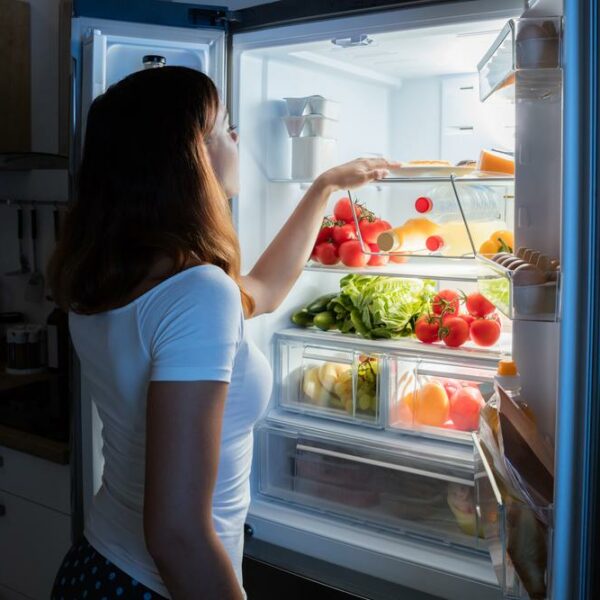5 Basics You Must Know About A Refrigerator
What will you cook and where will you get the resources to cook, if you do not have a refrigerator? If you lose electricity for some time, that is when you understand the importance of a refrigerator. You are clueless about what you would do with your leftover food or the warm beer. How will you get cold water and ice to beat the heat? The above questions and statements explain the importance of refrigerators for us.

As much as we need it, maintaining a refrigerator is not an easy task or, for that matter, we are not even entirely aware of the way a refrigerator functions.
Here are 5 things you must know if you own a refrigerator:
- How to check the correct temperature
The ideal temperature for your refrigerator is between 35 to 38 Fahrenheit, if the temperature rises about 40°F then it is considered as an unsafe zone for your refrigerator. In the unsafe zone, the food in your fridge is open to getting spoilt and susceptible to germs. But, how do you know the temperature of your fridge? You can use an equipment called a ‘refrigerator thermometer’ for this. You can place the thermometer anywhere in your refrigerator and get a count of the temperature inside. The ideal place to keep it, is the door as the back of the fridge might be cold enough but the milk that you place in the door bins might get cold. - How the crisper drawers work
Do you wonder if the humidity drawers or the crisper drawers actually work? If yes, then you are about to find out. The drawers are there for a reason and they can help your food from getting spoilt if they are used correctly. If your refrigerator has two humidity drawers at the bottom, then you must dedicate one to low humidity and one to high humidity. The low humidity drawer can be used for storing fruit. The vent in this case will be entirely open or at a high scale, this prevents the ethylene gas buildup. The other drawer must store the vegetables and the vent must be either slightly open or at a low scale. - Organize it for ease and safety
Most professional kitchens organize the food in their refrigerator according to the temperature that they need to cook on. The no-cook or the prepared foods must be stored at the top to get maximum cold while the high-temperature food stuffs likes chicken must be stored at the bottom. The same goes with the home refrigerators, the ready-to-eat foods should be kept on the upper shelves while the meat and other raw ingredients must be kept in the lower shelves; and, possibly in a separate bin. The door is the warmest part of the fridge and should ideally be used to store condiments and not eggs or milk, the temperature is too high for them to stay fresh. - How to increase its efficiency
When we buy a refrigerator, we are concerned about the life of the refrigerator, everybody wants their refrigerator to have a long and more importantly efficient life. The following points can help in increasing the life as well as the efficiency of your refrigerator: Always keep a check on the door seal, if you see that it is releasing cold air, get it fixed. All the food kept in the refrigerator must be covered and cooled before it goes in, do not place hot materials in your refrigerator. The condenser coils in your refrigerator must be vacuumed regularly, this gets the fridge working on its full capacity again. - How to clean it
Finally, it is integral to know how, when and why to clean your fridge. If you have an OCD (obsessive compulsive disorder) for cleanliness, then you are likely to clean your fridge every two weeks. Even if you do it once a while, you must do a thorough job. Follow these steps: unplug the fridge, empty it, remove all the shelves and drawers, wash them in warm soapy water, clean the inside with a dry cloth, wipe the jars clean, put the shelves back in, plug in the refrigerator and clean the exteriors.
Disclaimer:
The content provided on our blog site traverses numerous categories, offering readers valuable and practical information. Readers can use the editorial team’s research and data to gain more insights into their topics of interest. However, they are requested not to treat the articles as conclusive. The website team cannot be held responsible for differences in data or inaccuracies found across other platforms. Please also note that the site might also miss out on various schemes and offers available that the readers may find more beneficial than the ones we cover.





